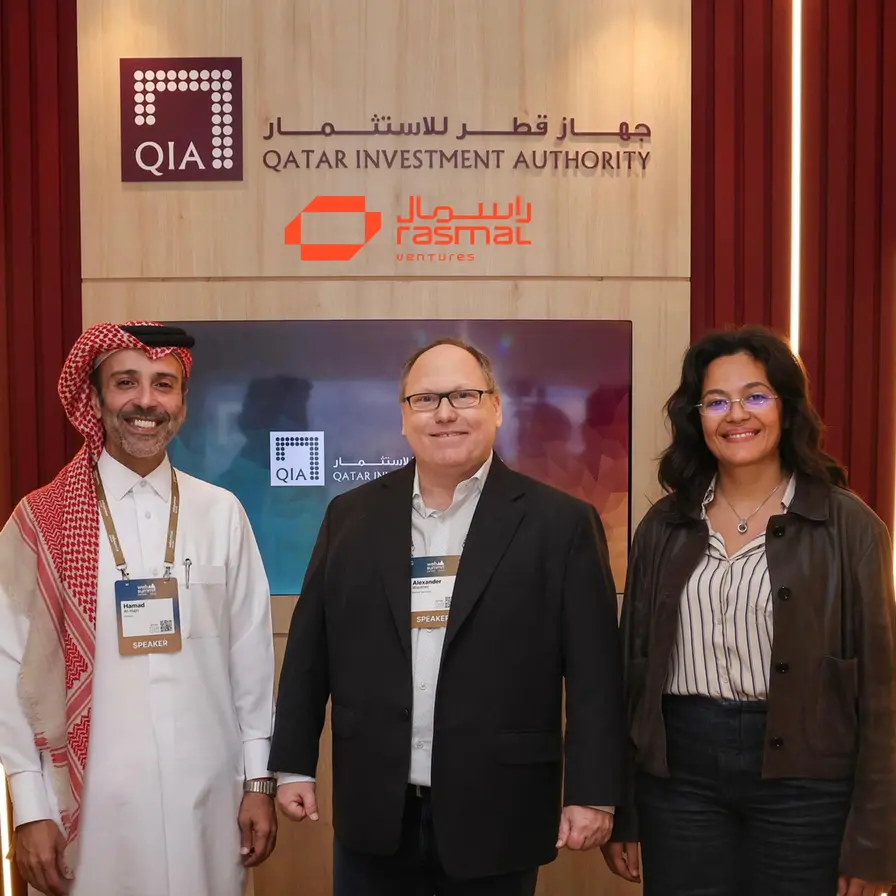Nowadays, the information coming to individuals all over the world continues to witness a dramatic increase. The question, however, remains, how can people access, search, assess, use and contribute such content wisely, both online and offline?
With the current ecosystem of complex and contradictory messages and meanings, it is important that the society is equipped with knowledge-based literacy competencies to understand the stakes, and contribute to and benefit from information and communication opportunities for a peaceful society. Information providers and receivers need to be equipped with media and information literacy competency in order to aid proper communication and availability of the right information and mitigate misinformation threats.
As part of its programme to promote a peaceful society, UNESCO and key stakeholders, commemorate annually, the Global Media and Information Literacy Week to unite diverse actors committed to promoting media and information literacy (MIL) as a way to foster social inclusion and intercultural dialogue.
This year marks 10 years since the seeds of Global Media and Information Literacy Week were planted in 2011 in Fez, Morocco. This was long before the exponential rise in disinformation, political polarisation, increasing influence of digital platforms and the COVID-19 pandemic. The Global Media and Information Literacy Week 2021 was hosted by South Africa with the theme “Media and Information Literacy for the Public Good”.
The UNESCO Regional Office Abuja also commemorated this noble day with a webinar on October 26, 2021. Stakeholders of Media and Information Literacy in Nigeria were invited to discuss how best to mitigate the challenges encountered with misinformation, and lack of information. The infodemic witnessed in the wake of the COVID-19 pandemic makes the importance of such a webinar all the more appropriate.
In his welcome address, the Director, Dakar Regional Office and OIC, Abuja Regional Office, Mr Dimitri SANGA reminded the stakeholders of the importance of Media and Information Literacy, which should be seen as a sustainable solution for building public resilience and for advancing the role of information as a public good.
The representative of the Minister for Information and Culture, Mr. Buki Ponle, Managing Director and Chief Executive Officer of the News Agency of Nigeria, said “the media is a veritable instrument to promote the public good”. He further said, “The challenge before the media is to assist and nurture Nigeria’s fledgling democracy through observance of the code of ethics of the journalism profession which includes promoting truth and accuracy”.
The webinar, which was organized in partnership with the United Nations Information Center (UNIC) and the African Centre for Media&Information Literacy (AFRIMIL) had over a hundred participants drawn from government, media partners, the academia, CSOs and other partners, who engaged in a robust discussion following the paper presentation of the two speakers.
Chido Onumah, Coordinator, AFRICMIL speaking on the theme for the year said, “Media and information literacy serves a plethora of purposes, top of which is the creation of an environment for dialogue and peaceful coexistence. MIL serves as an antidote to misinformation and disinformation, which have fueled social crisis, particularly in a pandemic”. He added, “The information we consume has a direct effect on how we manage interpersonal relationships and coexistence within and between communities”. Thus, “Media and Information Literacy is a public good and as a public good, it needs public support”.
In her paper, Building Public Confidence Amidst Media Complexity in the Era of the Internet, Abigail Ogwezzy-Ndisika, a professor of Mass Communication from University of Lagos, said, “The fight against fake news is a fight to ensure the spread of truth and absence of undue influence in the cyberspace. Citizens must be equipped with the right mentality on how to communicate online, access and analyse information disseminated through the media. A media literate citizen will be equipped to critically interpret, create and act on media messages”.
At the end of the webinar, participants agreed on the need to put more efforts towards equipping the society with Media and Information Literacy competences to better understand the stakes and contribute to a peaceful society.
© Press Release 2021
Disclaimer: The contents of this press release was provided from an external third party provider. This website is not responsible for, and does not control, such external content. This content is provided on an “as is” and “as available” basis and has not been edited in any way. Neither this website nor our affiliates guarantee the accuracy of or endorse the views or opinions expressed in this press release.
The press release is provided for informational purposes only. The content does not provide tax, legal or investment advice or opinion regarding the suitability, value or profitability of any particular security, portfolio or investment strategy. Neither this website nor our affiliates shall be liable for any errors or inaccuracies in the content, or for any actions taken by you in reliance thereon. You expressly agree that your use of the information within this article is at your sole risk.
To the fullest extent permitted by applicable law, this website, its parent company, its subsidiaries, its affiliates and the respective shareholders, directors, officers, employees, agents, advertisers, content providers and licensors will not be liable (jointly or severally) to you for any direct, indirect, consequential, special, incidental, punitive or exemplary damages, including without limitation, lost profits, lost savings and lost revenues, whether in negligence, tort, contract or any other theory of liability, even if the parties have been advised of the possibility or could have foreseen any such damages.



















